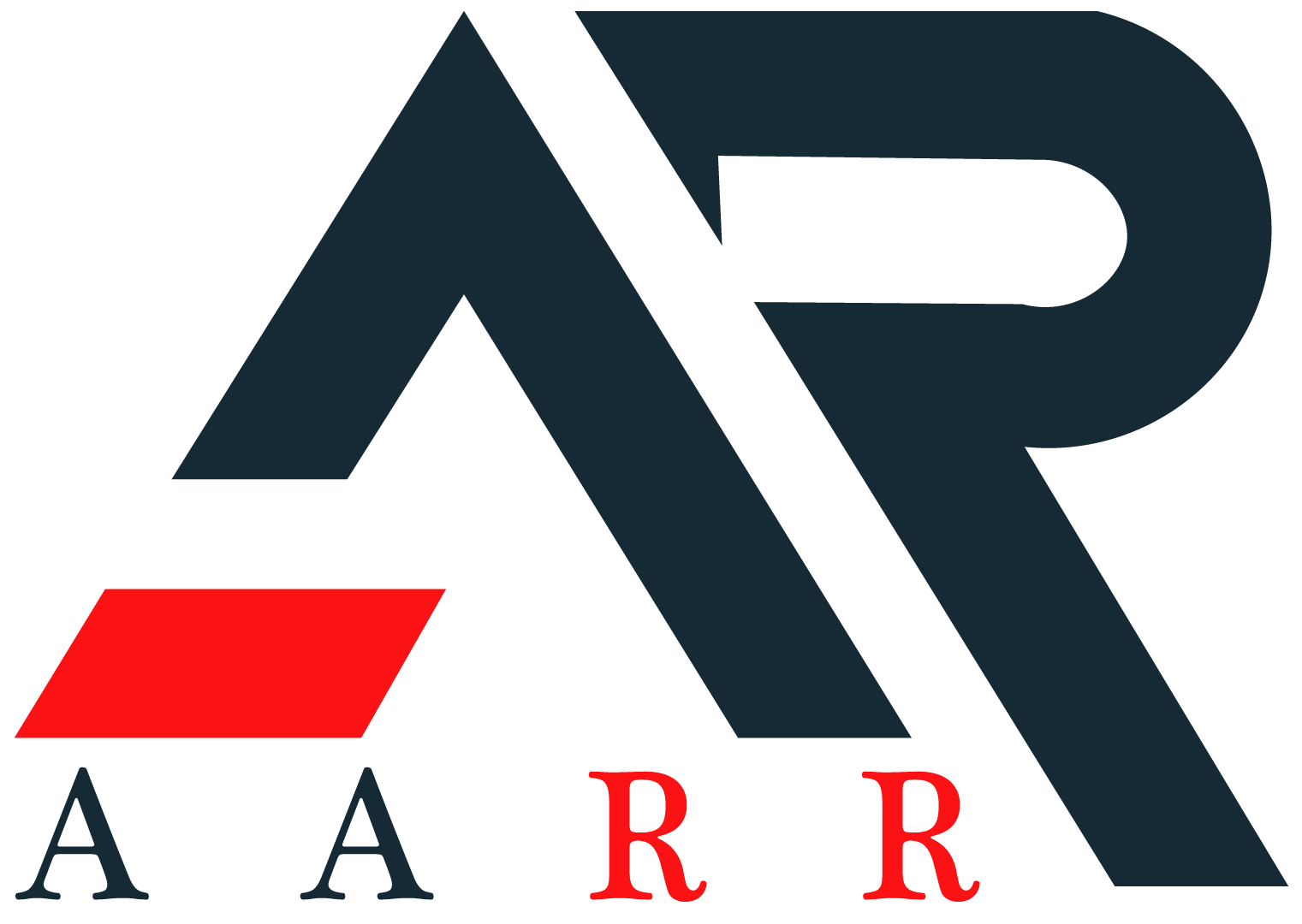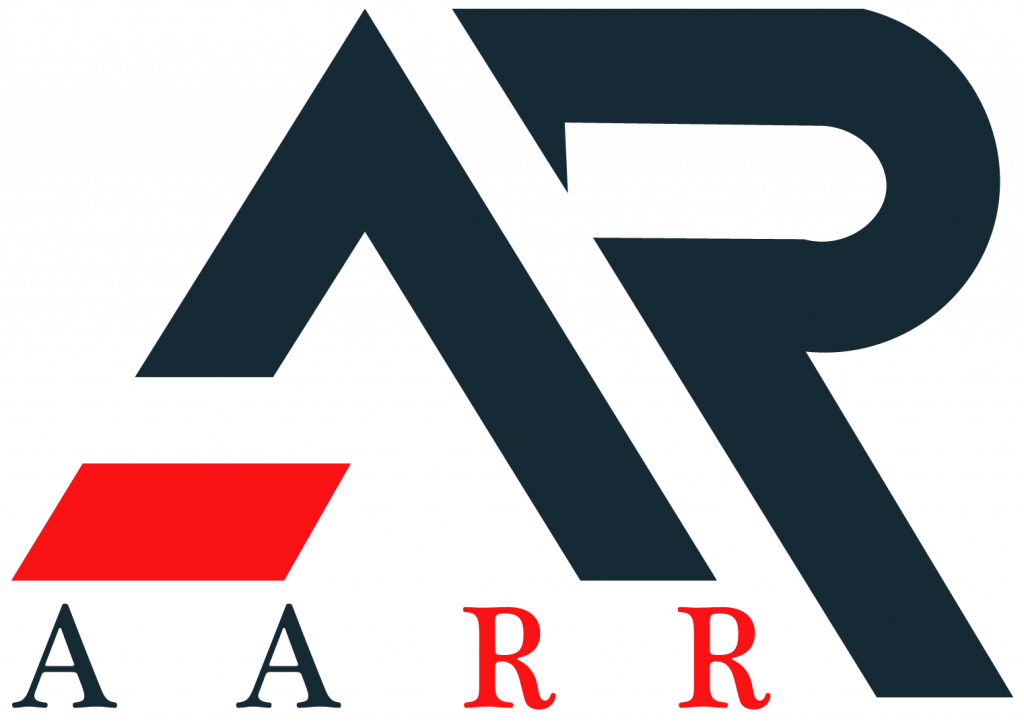Tips and Techniques for Node.js Performance Optimization
Node.js has become developers’ favorite as it is fast and allows the creation of scalable applications. However, as your application develops, you can face such problems that will only infuriate users and negatively affect your business. Don’t worry! As a result, there are several strategies that can be applied to enhance the performance of Node.js applications.
Let’s take a closer look at some of the practical strategies and approaches to optimize Node.js application to the maximum level of speed.
Regardless of whether you are a novice or an experienced developer, check out these strategies to help you create applications that are faster and better for your users and your server. This is the perfect time to get started and learn how to optimize the Node.js performance!
Use the Latest Node.js Version
Ensuring that an application is running on the most current version of Node.js is important for efficiency. Every new version is faster, more secure and has additional functionalities. Here’s why it matters:
- It often contains performance improvements in new versions.
- Bugs, which are security risks, are fixed in updates.
- It enables you to use new features of JavaScript.
To update, all they have to do is to go to the official Node.js website and download the latest stable release. It is also recommended that you check your application thoroughly for compatibility after upgrading. Thus, by maintaining the Node.js version up-to-date, you are laying the right basic for the well-optimized application.
Optimize Your Data Handling Methods
The other best practice in the enhancement of Node.js applications is data optimization. This is an approach that is very crucial for any web application that has to handle large chunks of data. Inefficient data handling results in a system crash. Hence, different methodologies are adopted by the developers for efficient data management and those are as follows –
- Use streams: Node.js Streams are used by developers as it is one of the most powerful tools of Node.js through which the system can process data in small chunks and thus reduce memory usage which in turn provides performance improvements.
- Implement pagination: Node.js developers use the pagination technique because it may be used to divide large data into smaller portions, or manageable chunks. It also assists in enhancing the operation of the given application while also enabling control of user demands.
- Filtering: There are many requests that experts filter in the application to enhance the functionality of the Node.js application and this can be achieved through the following ways for example, limit the amount of data that one needs to work on. This approach is crucial while operating with applications that include large data amount as it is not efficient to process heaps of data.
- Optimize database queries: Making the queries efficient can make the system to function well as all the queries will be indexed in the database depending on the types of queries.
Implement Caching Strategies
Caching is one of the most effective methods for increasing the performance of your application. It entails holding some data in the memory so as to minimize the need to repeat costly operations on them. Here’s how to implement caching:
- Emulate or integrate the use of in-memory caching such as through the use of node-cache for faster data access.
- Use Redis for caching in large applications.
- Minimize the number of times you query your database by caching the commonly run database operations.
You should begin with selecting data that does not change frequently, for instance, user profiles, product details, etc. Store this data and set the proper time to live. This approach can cut the response time as well as the loads on the servers in a large number in applications where the read only operation dominates.
Monitor & Measure App Performance
The first and mandatory step every Nodejs developer must follow when enhancing their application’s performance is to assess its performance status. Thus, developers can quickly identify bottlenecks and areas with real problems in the application. Following the application’s measurement, the correct strategy based on the issues identified is developed.
The following tests have to be conducted in order to determine the performance of the current application.
- Stress testing: You developed this type of testing to verify the competence of the code, device, network, and machine that your application will run on.
- It also checks how the application behaves in conditions other than the test conditions. In essence, the purpose of this test is to determine the capacity of the application under conditions that are not typical of its day-to-day use.
- Volume testing: The volume test is another test that can be carried out. It aids the programmers in determining the behavior of the application when it is required to operate under massive data structures.
- Spike testing: This kind of testing assists in identifying the response of the application when the load balancer experiences a sudden surge or a dip in traffic.
- Load testing: Load testing is done by developers to determine the load of the application, the workload and measures the usage and response of the application. It basically assists in preventing the application from having the capacity to relieve a burden during busy periods.
- Scalability testing: The final test that can be done on a Nodejs application with a view of evaluating the performance is the scalability test. It has the capacity of assessing the efficiency of the application to perform while in situations of increased or decreased user demands for services.
Conclusion
Improving Node.js requires techniques such as asynchronous coding, prepared statements for efficient database queries, memory optimization, server load balancing and caching, and code optimization. These strategies can massively improve the efficiency of your Node.js applications.
At Aarrsol Private Limited, we believe that performance should be optimized to the highest degree. These techniques, if applied, will yield better results with faster, reliable applications that enhance the user experience. It is important to start optimizing today to derive the best results from Node.js applications.

